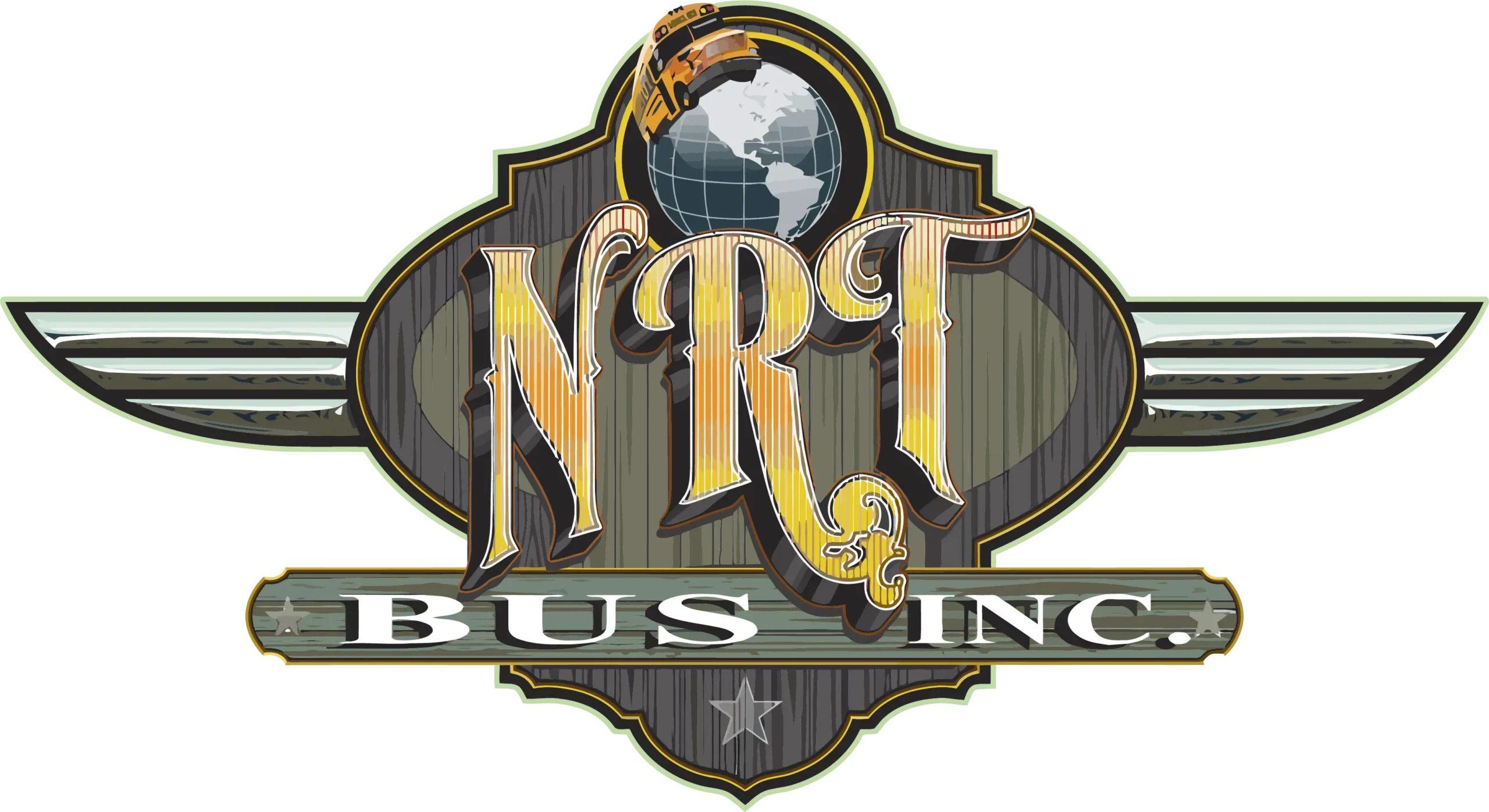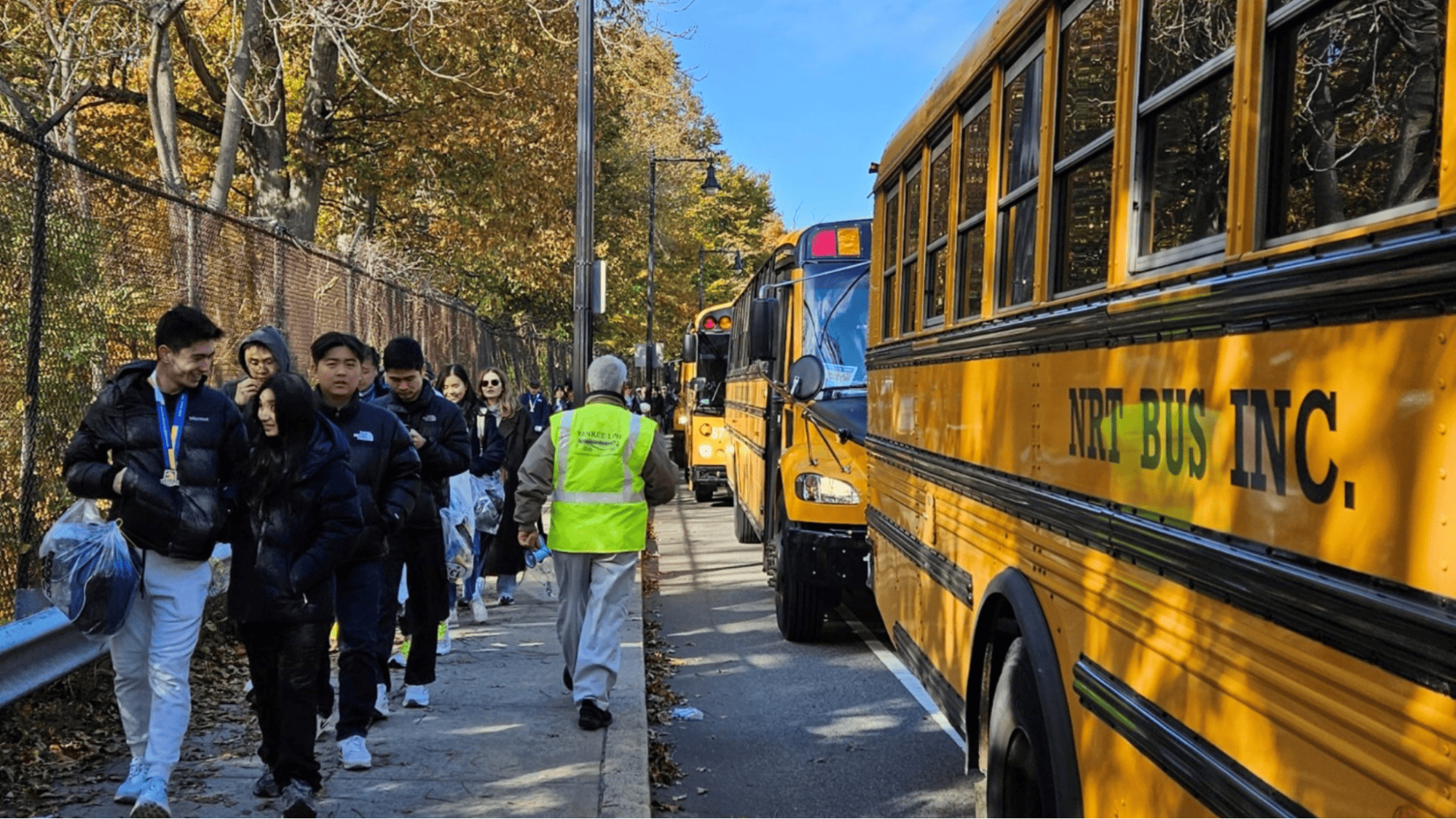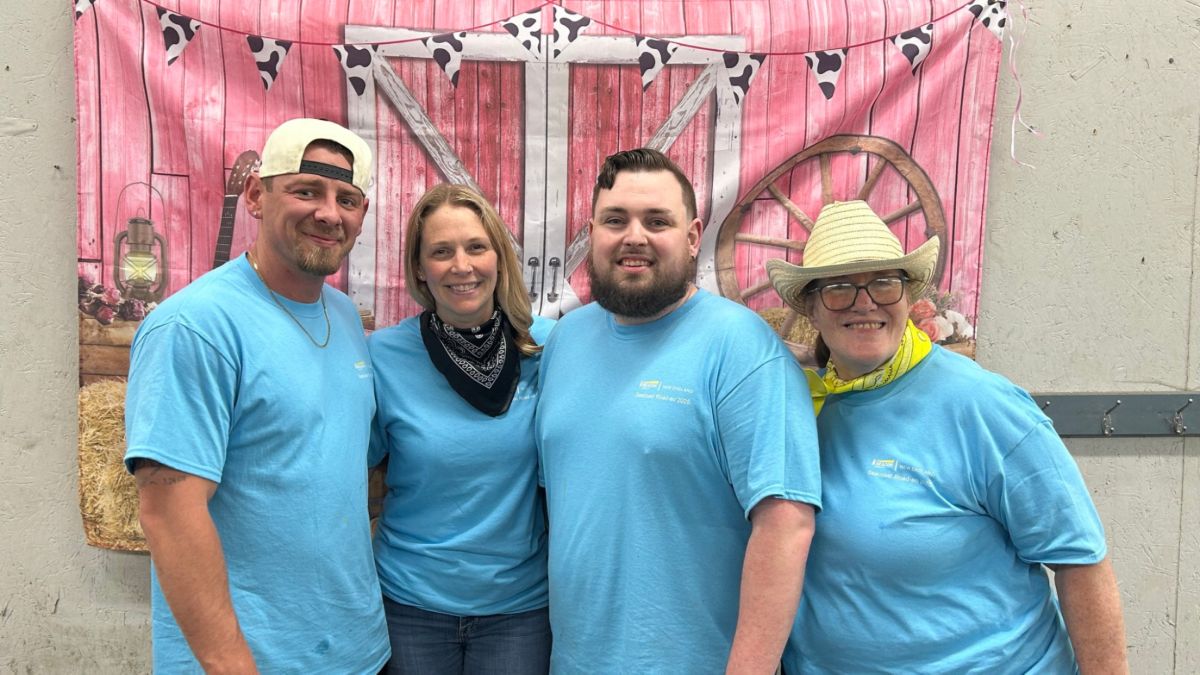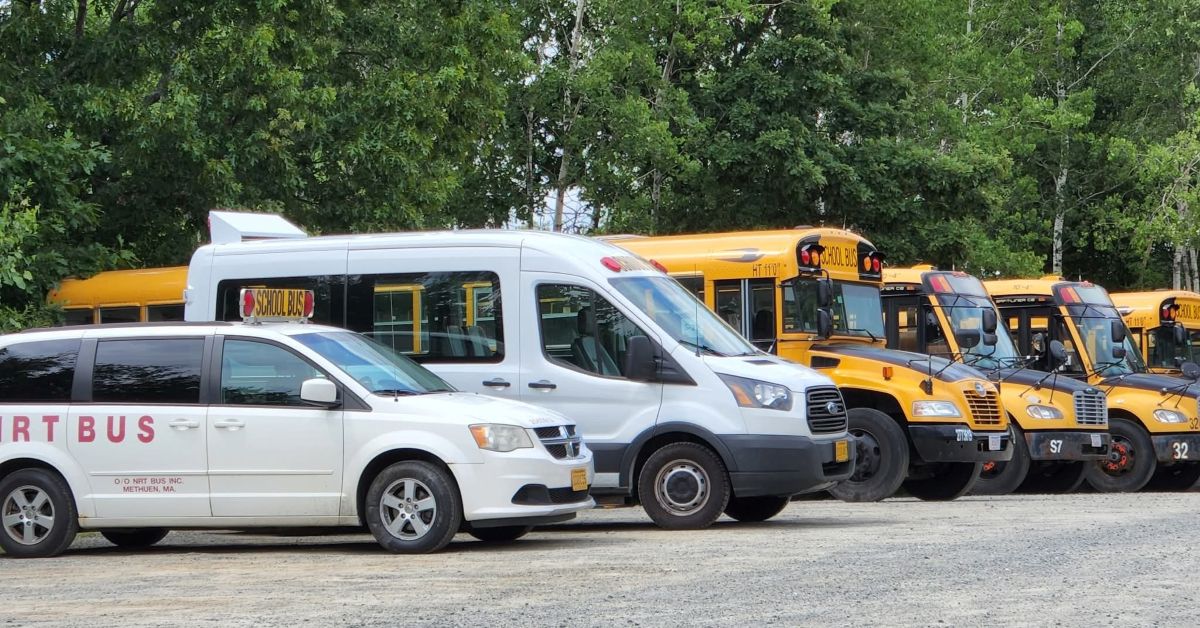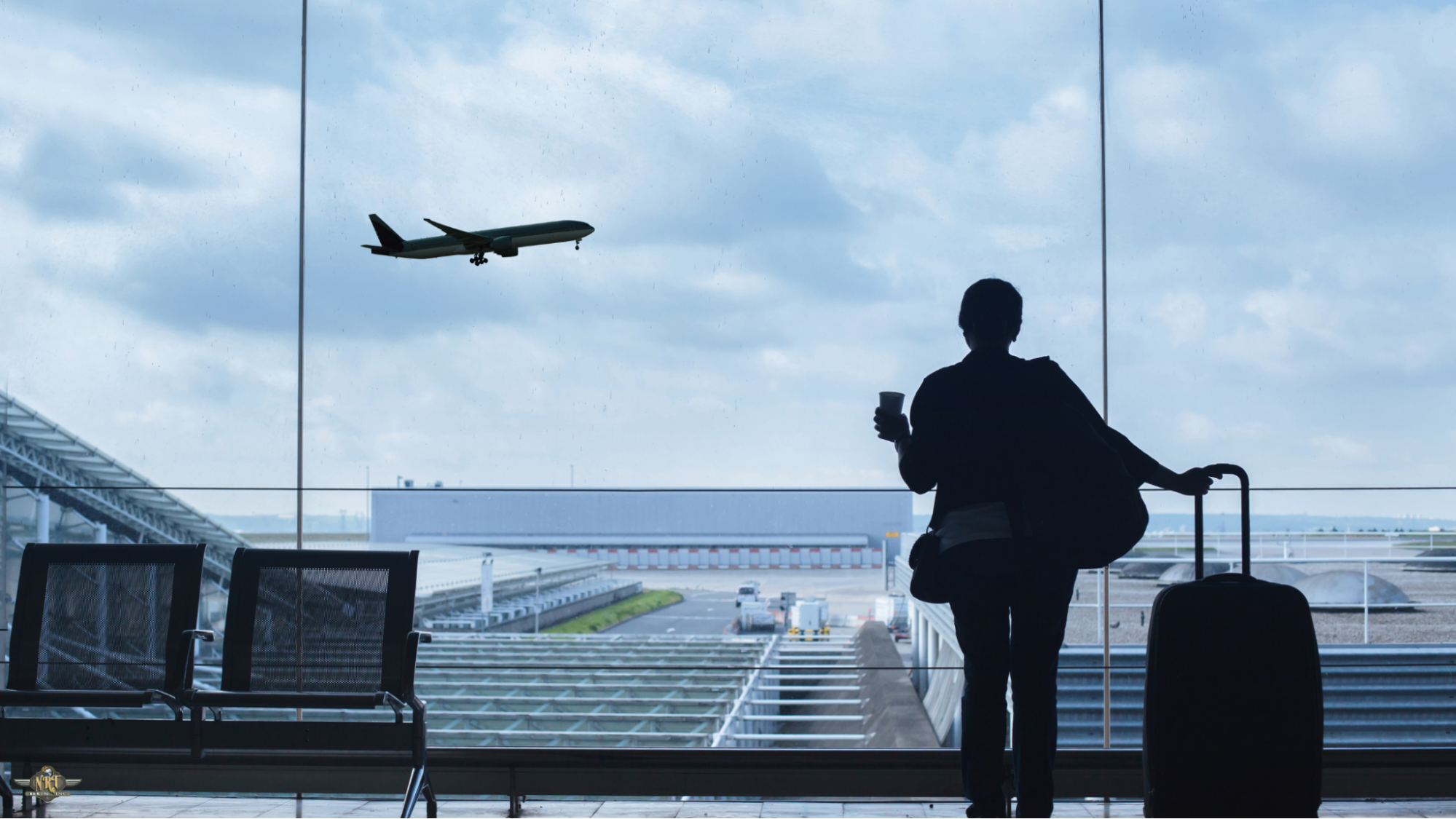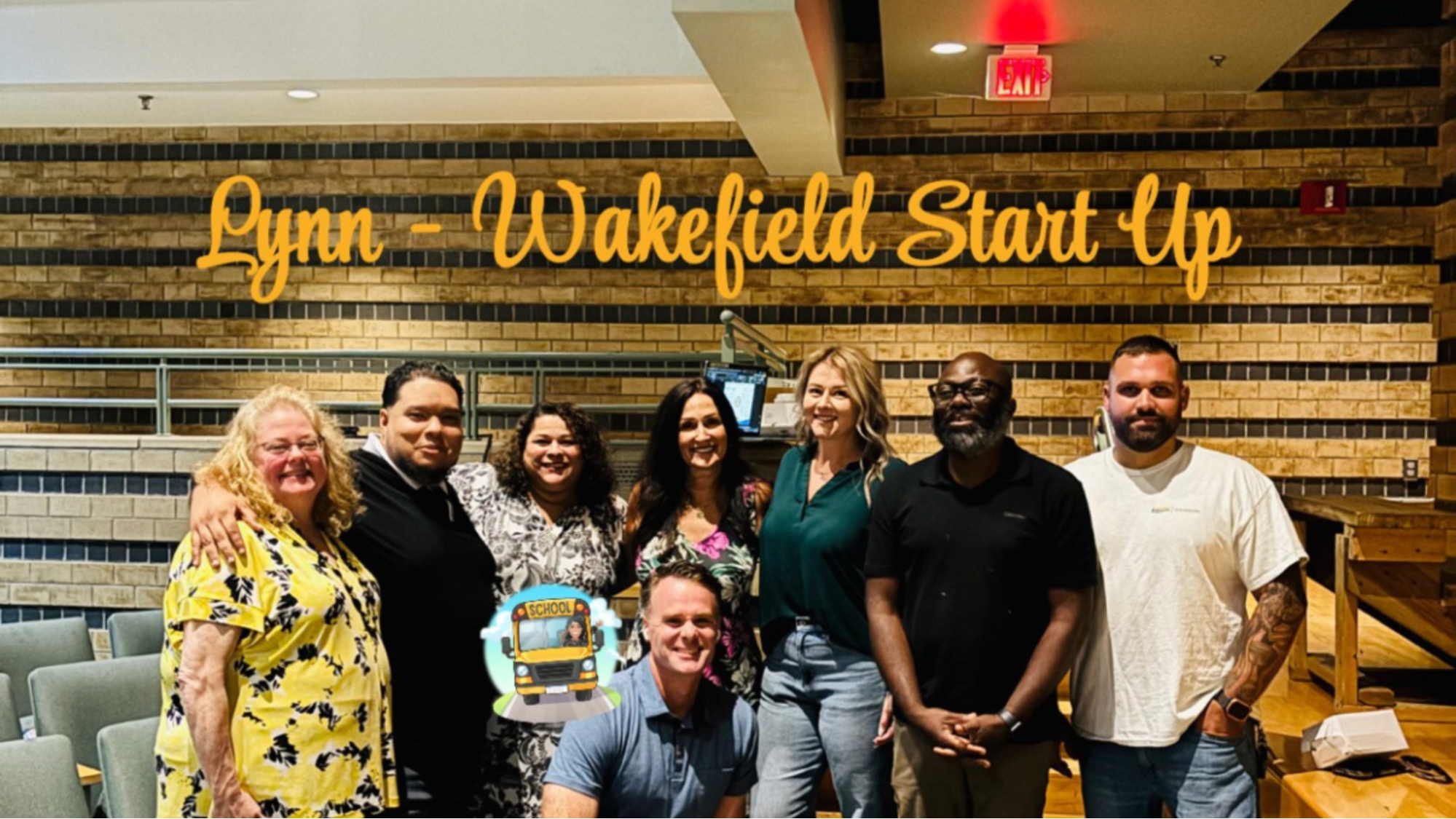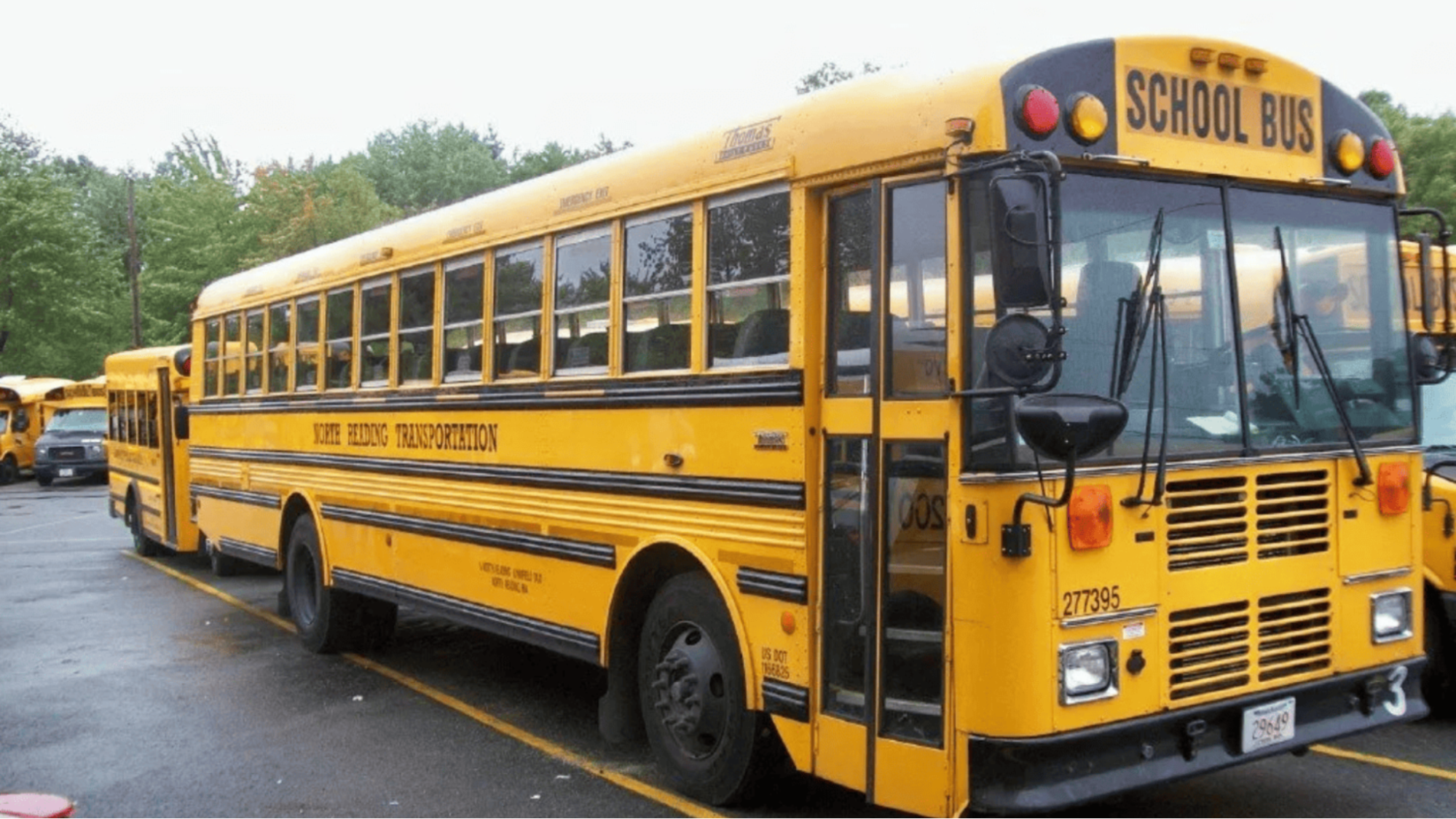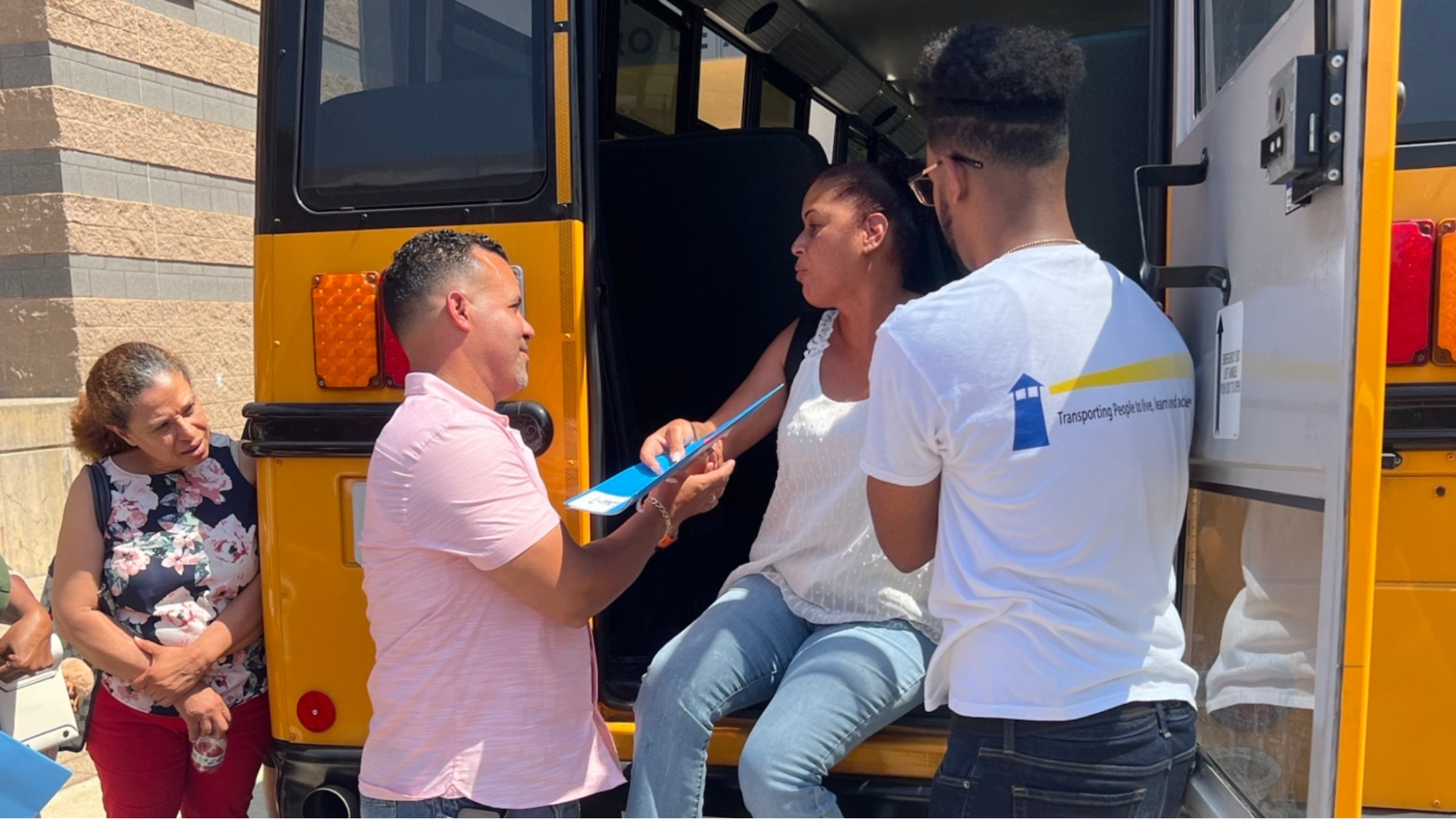After-school programs are the heartbeat of many Massachusetts communities. From athletics and theater rehearsals to STEM clubs and tutoring, these activities enrich students’ lives and support families who need care beyond the final school bell. But none of it works without safe, reliable transportation.
At NRT, we know that after-school activity transportation in MA requires careful planning. The schedules differ from regular school hours, routes are more complex, and communication with families is critical. Here’s how schools, districts, and community programs can plan transportation that keeps students engaged and parents reassured.
Why After-School Transportation Matters
Families depend on after-school programs to bridge the gap between the end of the school day and parents’ work schedules. Reliable transportation ensures:
- Access for All Students: Not just those with parents who can drive them.
Programs like UMass 4-H youth activities show how after-school clubs expand learning and leadership opportunities for Massachusetts students—but these programs only thrive when reliable transportation ensures every child can participate.
- Safety After Dark: Especially in fall and winter when activities extend into evening hours.
- Equity: Every student has the same opportunity to join sports, clubs, and enrichment programs.
- Peace of Mind for Parents: Knowing children are supervised and transported responsibly.
Without strong transportation systems, programs risk lower participation, late arrivals, or even student safety concerns.
Identify the Range of Activities and Schedules
Unlike morning and afternoon school runs, after-school activities don’t always have set end times. Some clubs meet once a week; sports teams may have away games or late practices. To plan effectively:
- Create a master schedule of recurring programs (e.g., drama club Mondays, robotics Thursdays).
- Build flexibility for unpredictable events such as extended rehearsals or playoff games.
- Designate activity coordinators at each school to update transportation staff weekly.
The clearer the schedule, the smoother the transport planning.
Match Vehicles to Group Size
Not every after-school group needs a full-size bus. Consider:
- Minibuses or vans for small clubs or tutoring groups.
- Full-size buses for large teams, band ensembles, or district-wide events.
- ADA-compliant vehicles for students with mobility needs.
Right-sizing vehicles reduces costs while ensuring comfort and accessibility.
Plan Safe Pick-Up and Drop-Off Procedures
After-school hours mean fewer staff on campus and darker conditions during fall and winter. Districts should:
- Assign well-lit, supervised pick-up zones.
- Stagger activity dismissals to reduce crowding.
- Confirm adult supervision at drop-off locations, especially for younger students.
These steps reinforce student safety even outside standard school hours.
Account for Travel to Offsite Venues
After-school transportation often includes away games, competitions, or performances. Coordinating these trips means:
- Reserving buses in advance during peak sports seasons.
- Allowing for equipment storage (e.g., football pads, band instruments).
- Scheduling return trips later than typical dismissal times.
This type of planning is similar to what we highlight in NRT’s late-summer sports travel logistics blog, where timing, storage, and safety all intersect..
Build a Communication Plan for Families
When buses run after-hours, parents aren’t always on-site to monitor changes. Communication is vital:
- Use automated alerts for delays or schedule changes.
- Share weekly shuttle schedules via school websites or parent apps.
- Encourage parents to arrive at drop-off points early in the first weeks until routines stabilize.
Clear updates reduce confusion and prevent long waits in the evening.
Train Drivers for After-School Protocols
Driving after-hours or to varied locations requires specialized preparation. Drivers should be trained on:
- Supervision expectations for students traveling after dark.
- Emergency procedures during off-campus trips.
- Coordination with activity leaders for roll calls and attendance.
Consistency across drivers and routes ensures families feel confident in the system.
Plan for Seasonal Challenges
Massachusetts weather impacts after-school transportation as much as the regular school day. Programs should:
- Have backup routes in case of winter road closures.
- Allow buffer time during snow or heavy rain.
- Confirm heating and lighting systems are working on all buses.
Proactive seasonal planning reduces disruptions for families relying on after-school care.
Budget for After-School Transportation
After-school transportation often falls outside the standard district budget. To stay sustainable:
- Factor costs into program fees when possible.
- Explore grants or community partnerships for enrichment programs.
- Right-size fleets and consolidate routes to control expenses.
According to the Afterschool Alliance’s America After 3PM report, lack of affordable, reliable transportation is one of the leading reasons students miss out on enrichment opportunities. Districts that budget smartly for transportation can close this gap and boost participation.
Evaluate and Adjust
The best transportation plans evolve. At the end of each semester, districts should:
- Gather feedback from parents, coaches, and activity leaders.
- Track bus usage rates for different programs.
- Adjust routes and schedules based on actual demand.
Regular evaluation ensures services remain efficient and responsive.
Why NRT is the Right Partner
At NRT, we understand the unique challenges of after-school activity transportation in Massachusetts. From late-night drop-offs to weekend tournaments, we’ve supported districts across the state with:
- Safe, well-maintained vehicles of every size.
- Trained drivers who know after-hours protocols.
- Flexible scheduling for recurring programs and last-minute trips.
- Commitment to equity and accessibility for all students.
Final Thoughts
After-school programs enrich student life and strengthen communities—but only when transportation is reliable, safe, and well-communicated. With the right planning, families can feel confident that their children will get home safely, no matter how late the rehearsal, game, or club meeting runs.
At NRT, we’re here to partner with Massachusetts districts to provide dependable after-school transportation. Contact us today to plan safe, efficient, and flexible solutions for your programs.
